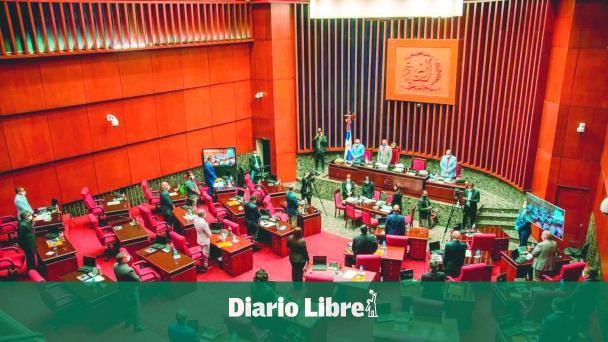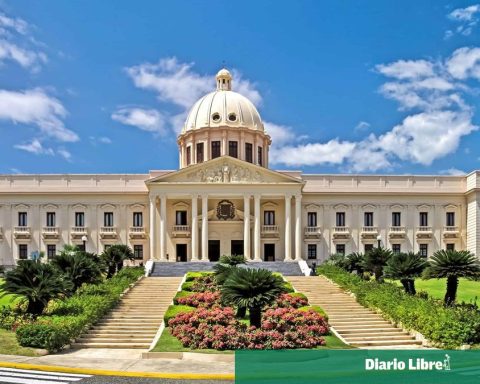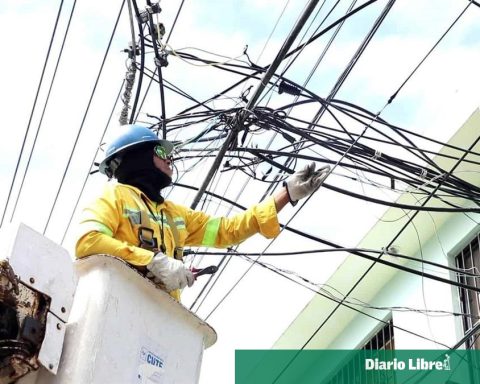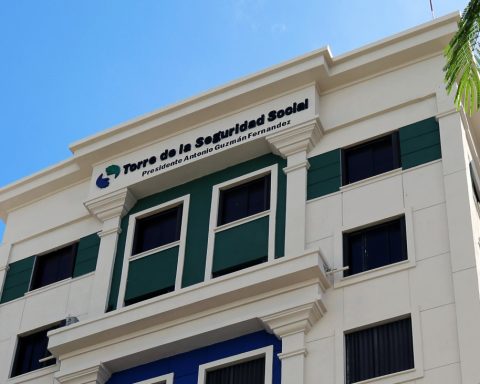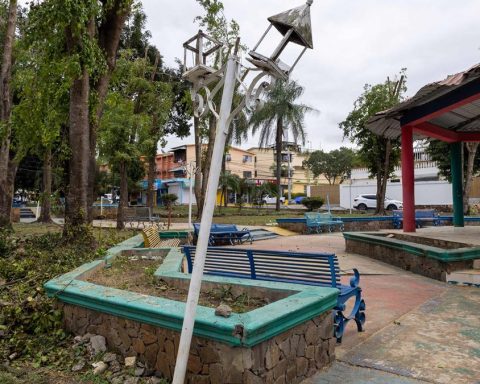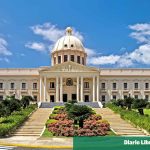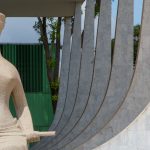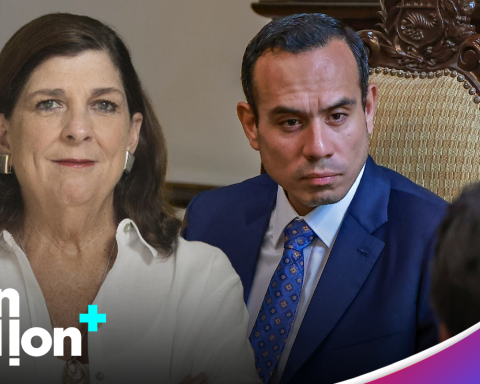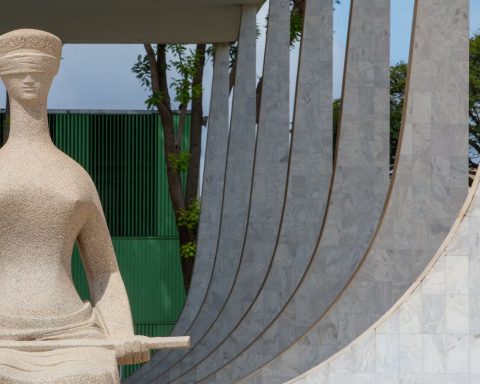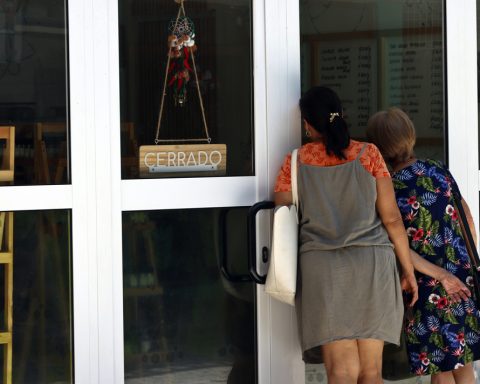After overcoming the challenge of achieving the approval of the Asset Forfeiture Law, at the beginning of the next ordinary legislature, on August 16, the Congress Nacional faces other pressing challenges with the approval of relevant bills, demanded by various social sectors for years, such as the Penal Code, the Social Security Law and the Water Law.
In the case of the Penal Code, the issue of the three grounds for allowing abortion has been one of the main obstacles for its approval.
Among the challenges is also to achieve the favorable sanction, in the Senate and in the Chamber of Deputies, of the Civil Code bills.
Likewise, Hydrocarbons, Purchases and Contracts, Trusts, the Contentious Administrative Jurisdiction and to strengthen the National System of Internal and External Control through the reforms to the laws that create the Comptroller General of the Republic and the Chamber of Accounts .
Many of the aforementioned initiatives are being socialized within the framework of the “Reform Dialogue” developed by the Economic and Social Council (CES) and were submitted after February 27 at the beginning of the last ordinary legislature.
Also, there are regulations whose approval constitute constitutional mandates.
Other initiatives that are pending approval are those aimed at reforming the Law on Access to Public Information, the Organic Law of Public Function and the Organic Law of the Ministries.
The list is completed by the Public Trust, Cooperativism and Ethics of Public Officials bills.
challenge with freedom of expression
After the strong questions generated by the hasty approval in the Senate of the bill that would regulate the protection of the right to privacy, honor, good name and image itself, or “Gag Law”, the Executive Power created through decree No. 333-22 an advisory commission to review and update current legislation and those pending approval on freedom of expression.
The observers, who are journalists and jurists, must evaluate the so-called “Gag Law” and the reform of Law 6132 on Expression and Dissemination of Thought.
They should include in their analysis and recommendations the bills on State Advertising and Cybercrime, which were also questioned by various sectors, including the Dominican Society of Newspapers (SDD), the Dominican Association of Journalists (CDP) , the Institutional and Justice Foundation (Finjus), the Dominican Republic Bar Association (CARD).
The Cybercrime bill was withdrawn on June 29 from the Congress National by the Executive Power to accommodate the rigorous reviews by the advisory commission.
The submission of this initiative by President Luis Abinader was carried out on June 14 of the current year.
A similar project was submitted by the senator of the National District, Faride Raful, but the fate of that initiative has not been made clear.
Congress works actively in two cycles called “legislatures” that according to what our Constitution says, one begins on February 27 and the other on August 16, each with a duration of 150 days. Both chambers meet separately three times a week in ordinary sessions, the others are considered extraordinary.
